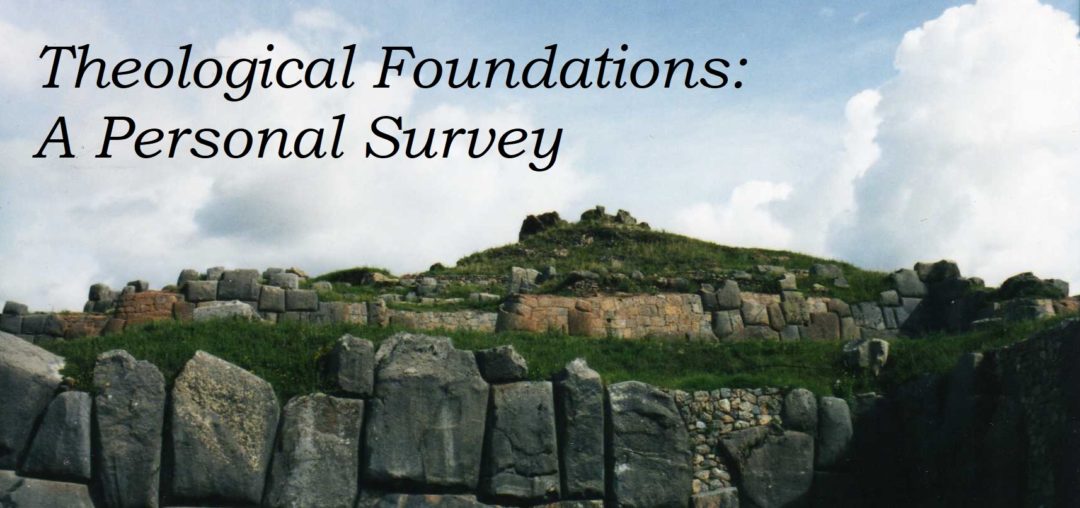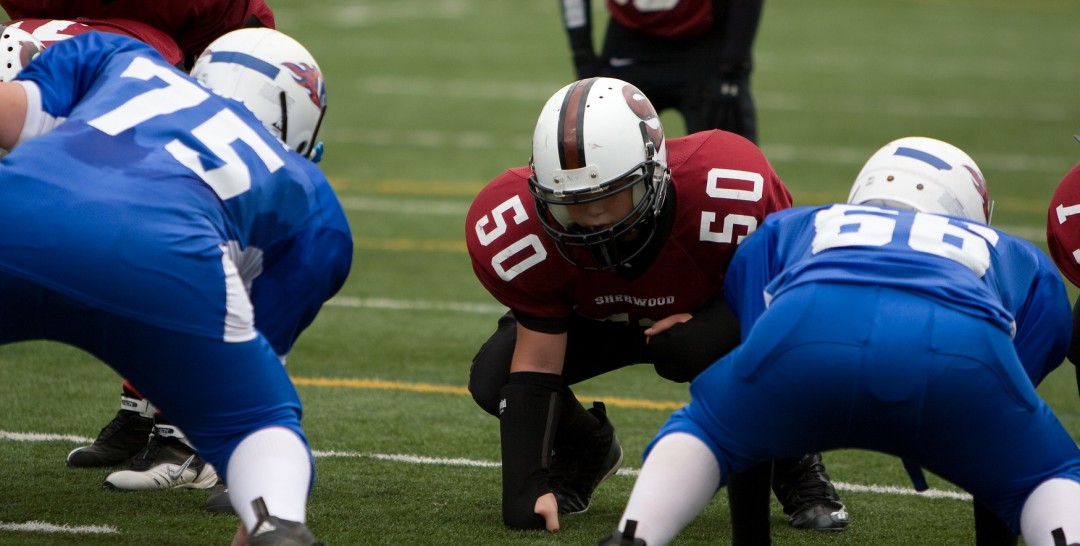Part One: Public Theology | Part Two: Incarnation | Part Three: Resurrection | Part Four: Trauma Theology
As you might have noticed at this point, each of the previous posts in this series have been building blocks. I began by asking myself what role theology should play in my public life and discussing the tension between my activism being grounded in my faith and needing to respect secular institutions and spaces. This led to the place where my Christian faith begins: in the Incarnation and how “God with us” teaches me to value lived experience and context. Jesus’ ministry began in the Incarnation, but closed with the Resurrection, and I discussed the ways that different views of the “crucifixion-resurrection event” affects our views on suffering, arguing that suffering is not redemptive and our lived experiences matter when constructing a theology of the Cross. That flows naturally into trauma theology, and how deeply our views of trauma affect our views of humanity, God, and every relationship that ties us together.
Which brings me, finally, to child liberation theology.
If you’re not familiar with Christian liberation theology more broadly, a brief explanation is liberation theology asserts that Jesus stands with the marginalized and oppressed, and one of his primary ministerial activities is found in Luke 4:18 (where he is reading from Isaiah):
The Spirit of the Lord is on me, because he has anointed me to proclaim good news to the poor. He has sent me to proclaim freedom for the prisoners and recovery of sight for the blind, to set the oppressed free, to proclaim the year of the Lord’s favor.
Liberation theology also teaches we are to engage in this mission, and often references the Parable of the Sheep and the Goats, where Jesus instructs his followers to feed the hungry, invite in the stranger, heal the sick, and visit the prisoner.* One of the best things about liberation theology, in my opinion, is how it respects the power of lived experience and all the nuances and complexities of suffering and oppression; because of that, liberation theologians can focus on individual dynamics: Latin American economic oppression, the particularly virulent racism faced by Black people in the US, the avenues explored by womanist and mujerista theologians …
Because of my “job” as a policy advocate with the Coalition for Responsible Home Education (I’m not paid, but I do consider it my main job at this point), something that consistently captured my attention in seminary was the question “what about children?” Our class discussions always did an excellent job delving into womanist, feminist, queer, and religious minority perspectives, but very often children got left out of the picture entirely. In research for one of my papers, I discovered there are other theologians considering this question, like Rebecca Stevens-Walter asking “where are the children in all of this?” in her post “God of the Oppressed Child.”
I believe that, unlike many of us in our theological discourse, Jesus never forgot children. I also think his life gives us a framework to understand children in a liberative way, beginning in his own childhood.
When I read the end of Luke 2, where Jesus stays behind at the Temple and Mary and Joseph don’t realize he’s missing over a day of traveling, I can hear the panic in Mary’s question when she finally finds him sitting among the teachers: “why have you treated us like this?” This reaction is understandable– I don’t have children yet, but I can imagine how losing your child must have been beyond heart-wrenching. It makes sense to me that Mary would center herself and Joseph, and for anger to come to the surface after experiencing such fear and panic. It’s a common question for parents– how could you do this to us? I’ve heard it a few times, from my own parents. I’m sure most of us have.
But Jesus’ response is a calm, quiet, steady affirmation of his own identity and autonomy, separate from Mary and Joseph: “didn’t you know I had to be in my Father’s house?” Seen through the perspective of child liberation theology, that response is extraordinary to me. Mom, I’m myself. I have my own purpose, separate from yours. I am my own person. I decide where I need to be, what I need, who I need to talk to. I have my own religious experience. I have my own relationships with God and other people that are not about you. And while he returns to Nazareth, the text describes him as deciding to be “obedient” to Mary and Joseph– it’s another choice, another example of autonomy and agency. The entire passage concludes with how Jesus grew in “wisdom and stature, and in favor with God and man”; this is a continuation of his initial decision to remain behind at the Temple, not a departure from it.
I think his expression of autonomy and individuation when he was twelve is re-affirmed throughout his three-year ministry. One of the harshest rebukes he ever gives his disciples is over their treatment of children, and not only does he say that children have the right to access him and his teachings, he tells everyone present how the kingdom of heaven belongs to children. I don’t want to understate how powerful it is that Jesus links children and the kingdom of heaven. This theme is echoed everywhere– “whoever takes the lowly position of this child is the greatest in the kingdom of heaven” demonstrates clearly that Jesus understood exactly the rung on the social ladder children inhabit, especially since he teaches elsewhere the “last shall be first”; here, children shall be “the greatest.”
He knows how children were treated, were viewed, and he admonished anyone who would listen to completely upend that way of thinking. At one point Jesus even tells his audience it would be better for someone to have a millstone tied around their neck and thrown into the depths of the sea than for them to cause a child to stumble. For him, children are not just progeny, or economic assistants, or heirs, or tools. They are people and deserve the same liberation from oppression as anyone else.
***
I love children. To me, they are endlessly exciting, invigorating, inspiring, encouraging. Some of my heroes right now are Greta Thunberg and Emma Gonzáles (although they are both quickly becoming adults, Greta is 16 and Emma is 19), and I’m constantly uplifted by young people in my own community taking on tasks and leadership because the adults in their life have neglected or abandoned their responsibility. Watching them work is like watching fireworks– they can be utterly dazzling.
I also know that not every child is empowered to shoulder those mantles of leadership. Most aren’t, in fact. And it’s my job to be like Jesus and not forget them.
*For a more in-depth exploration of liberation theology, I highly recommend A Black Theology of Liberation by James Cone, read alongside Sisters in the Wilderness by Williams.
Photography by Leonora Enking







